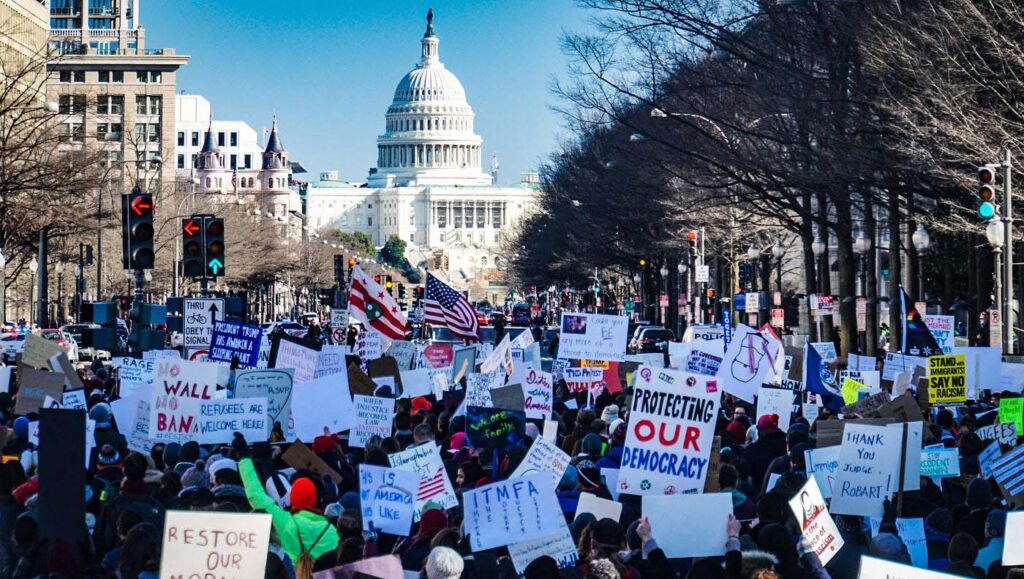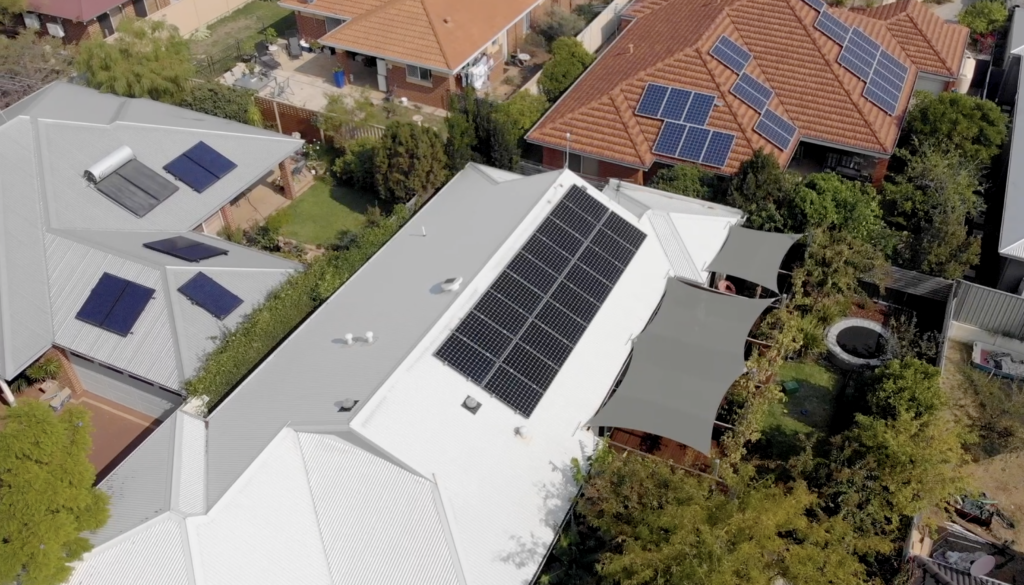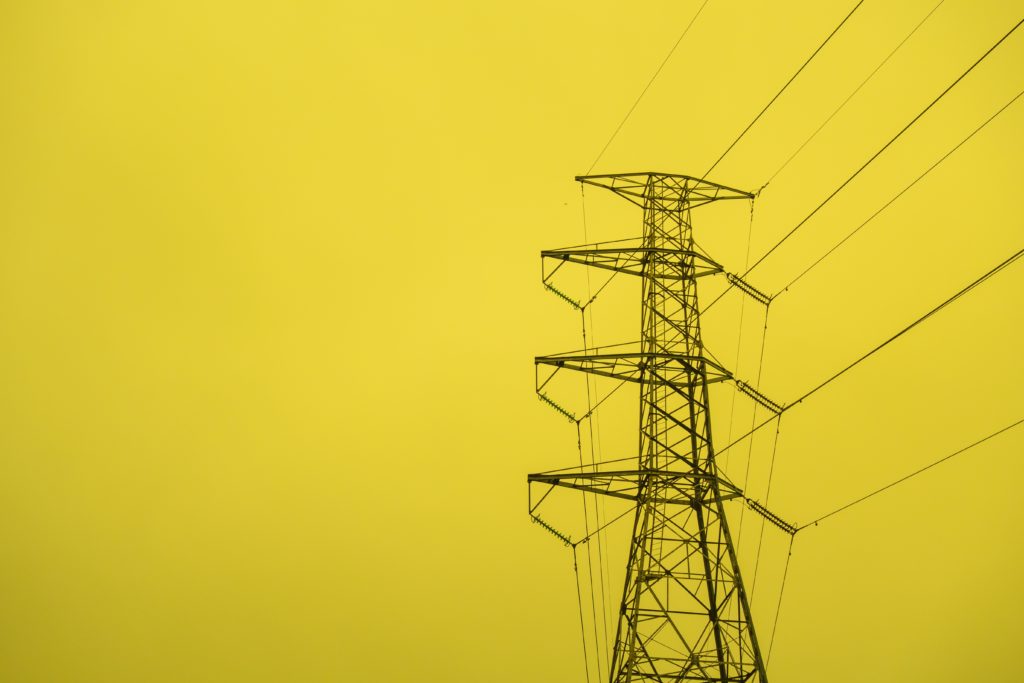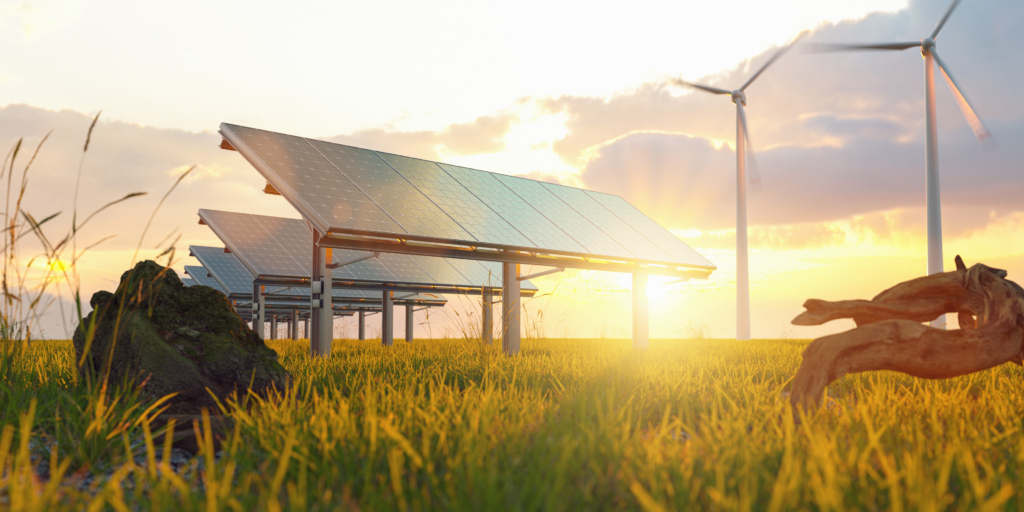With petrol prices at a record high in Australia, prompted in large part by the recent conflict in Ukraine, community concern about Australia’s fuel insecurity is on the rise.
Australia imports 83% of the crude oil we process into petrol – which could increase to 100% reliance on imported petroleum by 2030. The international knock-on effects of Russian oil bans and sanctions, paired with rising demand for oil post the pandemic, has set fuel prices soaring.
Simultaneously, compounding climate catastrophes including drought, bushfires and floods and the pressure of COVID-19 are pushing many Australian families to their financial limits. 60% of Australians are already concerned about debt, and 30% are living paycheck-to-paycheck. The significant rise in the cost of living that this fuel spike has caused will force many families to make tough financial decisions.
But it doesn’t have to be this way. Australians are currently reliant on expensive, petrol-guzzling cars to get around because governments have failed to implement policies that create better options. Other countries have been much more proactive in making public transport, walking and cycling quicker and accessible, which allows more people to leave their cars at home. They’ve also facilitated a much faster uptake of electric vehicles (EVs) so that people can ditch the fuel pump and charge their cars using renewable energy.
To protect Australians from overseas volatility, it’s high time for all levels of government to back a transport system that is not reliant on imported oil.
Australian policy makers must act now to promote more renewable energy to power our transport system, kick-start more purchases of EVs and transition our entire bus fleet to electric, powered by Australia’s ample solar and wind resources.
State Governments across Australia have shown some support for an electrified transport system. All states have announced EV incentives such as rebates, or waived stamp duty or registration fees. In response, EV sales increased by nearly 200% in 2021 as more Australians ditched the petrol pump. Further, some states and territories have made commitments to electrifying buses, with NSW leading the way by pledging to electrify their entire fleet of over 8000 buses, which will be powered by renewables (known as zero-emissions buses) by 2030.
But there is much more work to do. To insulate Australians from the volatile international energy market, all levels of government must ramp up the scale and urgency in which they are investing in electric transport.
As an immediate response to the fuel crisis, the Climate Council is calling on state and territory governments to:
1. Further incentivise electric vehicle (EV) uptake:
- Target 100% of new car sales and trucks (rigid) to be EVs by 2030 or earlier.
- Commit to all new government fleet vehicles being electric immediately, with electrification of the entire fleet before 2030.
- Electrify council car and truck fleets (ie. garbage trucks).
- Reduce the price of EV business fleets through rebates, and consider increasing rebates for individuals.
- Invest in additional public charging infrastructure, including dedicated electric truck charging infrastructure across key regional locations.
- Introduce mechanisms that reward users for off-peak charging and vehicle-to-grid (V2G) technology that enables EVs to act as batteries. This will allow EVs to optionally feed unused energy back into the grid, supporting supply during peak periods.
2. Ramp up zero-emissions buses roll-out:
- Ensure all new buses are zero-emissions by 2024 (battery electric buses powered by renewable energy).
- Electrify all state bus fleets by 2030. Engage local manufacturing to build new zero-emissions buses wherever possible.
But state and territory governments can’t go it alone. The Federal Government also needs to step up with a comprehensive plan and investment in transforming our transport system.
Why these policies?
Investing in EVs and zero-emissions buses should be part of a broader zero-emissions transport strategy, including significant investment in walking and cycling infrastructure, and public transport. Nevertheless, as a first step towards addressing the fuel crisis, EV and zero-emissions bus investment sets off a chain reaction of benefits including manufacturing and job opportunities, improved health outcomes and reduced emissions. Benefits include:
- Reawaken Australia’s manufacturing potential. By contracting local manufacturers and setting transition targets, we can create market confidence and boost an emerging critical mineral sector to support new manufacturing jobs.
- Reduce our reliance on foreign oil and reduce running costs. Zero-emissions buses are significantly cheaper to run due to lower maintenance and fueling costs. EV’s are more expensive than a traditional car, they save on average $1,100 per year from avoided petrol costs.
- Improve the health of Australians. With more electric vehicles on the road, our cities will be cleaner and quieter – with significantly fewer people dying from pollution-related diseases such as stroke, heart attack and lung cancer.
- Address community needs. People want greater investment in public transport and EVs. Second only to COVID-19 safety-related concerns, public transport improvements are the greatest transport priority for Australians. Further, 71% of Australians support rebates to reduce the cost of purchasing an electric vehicle.
- Reduce emissions to act on climate change. Zero-emissions bus uptake and targeting all new car sales to be EV by 2030 is key to reducing carbon emissions. Personal transport is the fastest-growing source of emissions in Australia, and private passenger cars account for 62 per cent of Australia’s transport emissions. To put emissions into perspective, the average Western Australian car is estimated to produce twice its weight in CO2 every year.15 Further, replacing a conventional bus with a zero-emissions bus saves approximately 73 tonnes of carbon dioxide emissions every year – that’s approximately the weight of 7 buses! When converting an entire fleet, these savings become truly significant. For example, the CO2 footprint of the New South Wales bus fleet is expected to halve thanks to the state electrifying its bus fleet by 2030.
As part of a sustainable transport system that enables people to walk, ride, and use public transport more often, zero-emissions buses and EVs are an important piece of the puzzle. With fuel prices soaring, now is the time for all levels of government to show leadership and make new sustainable transport announcements.










